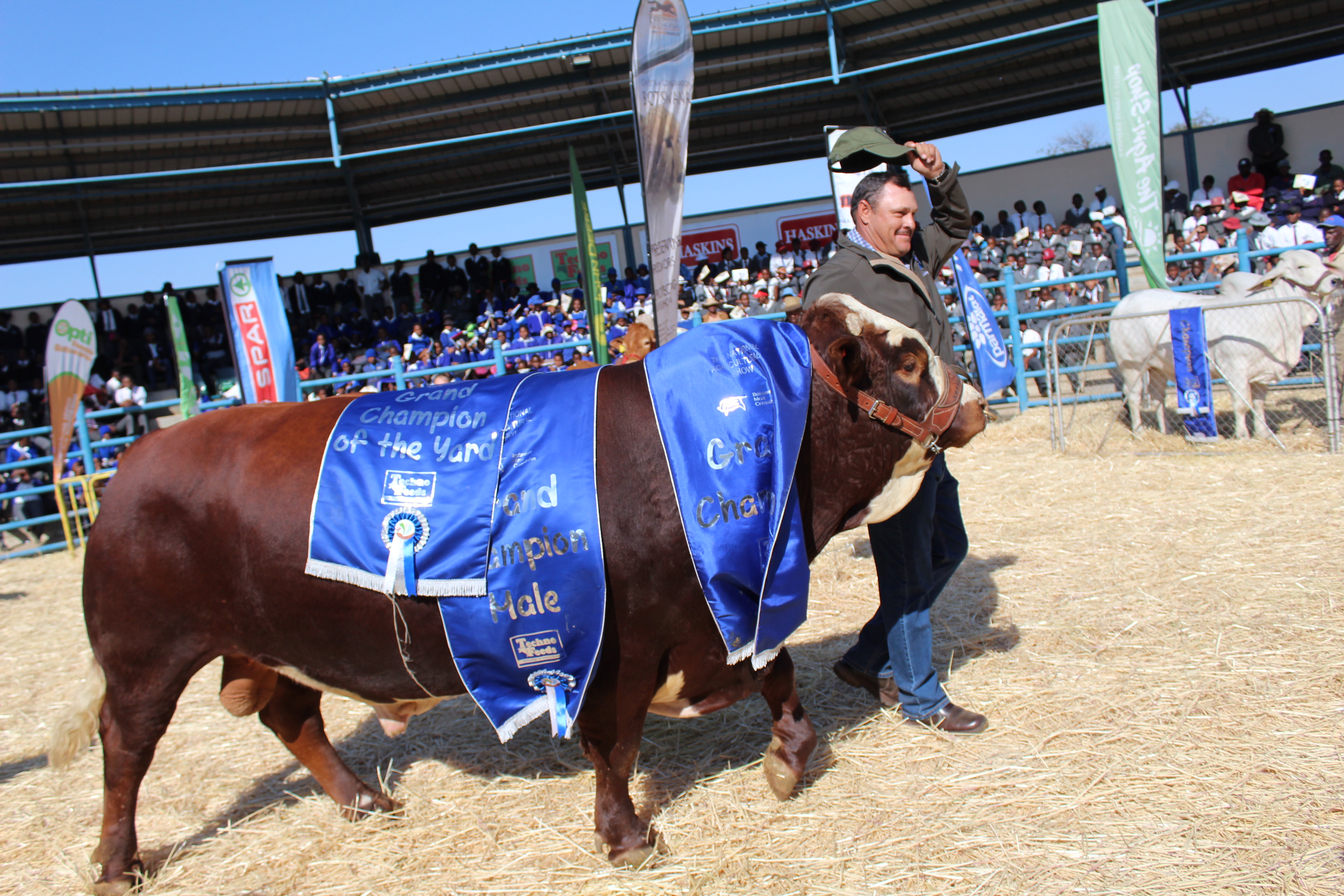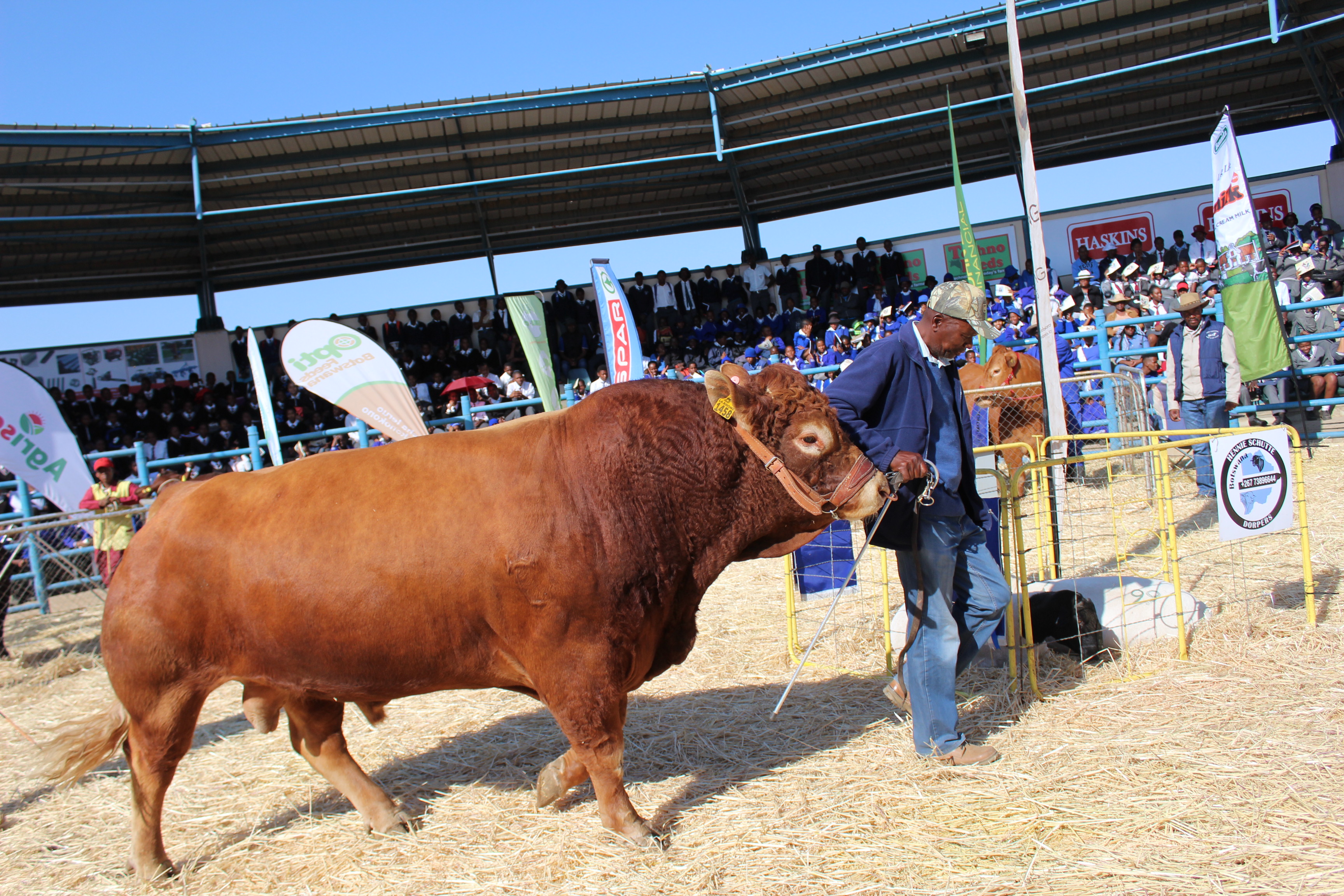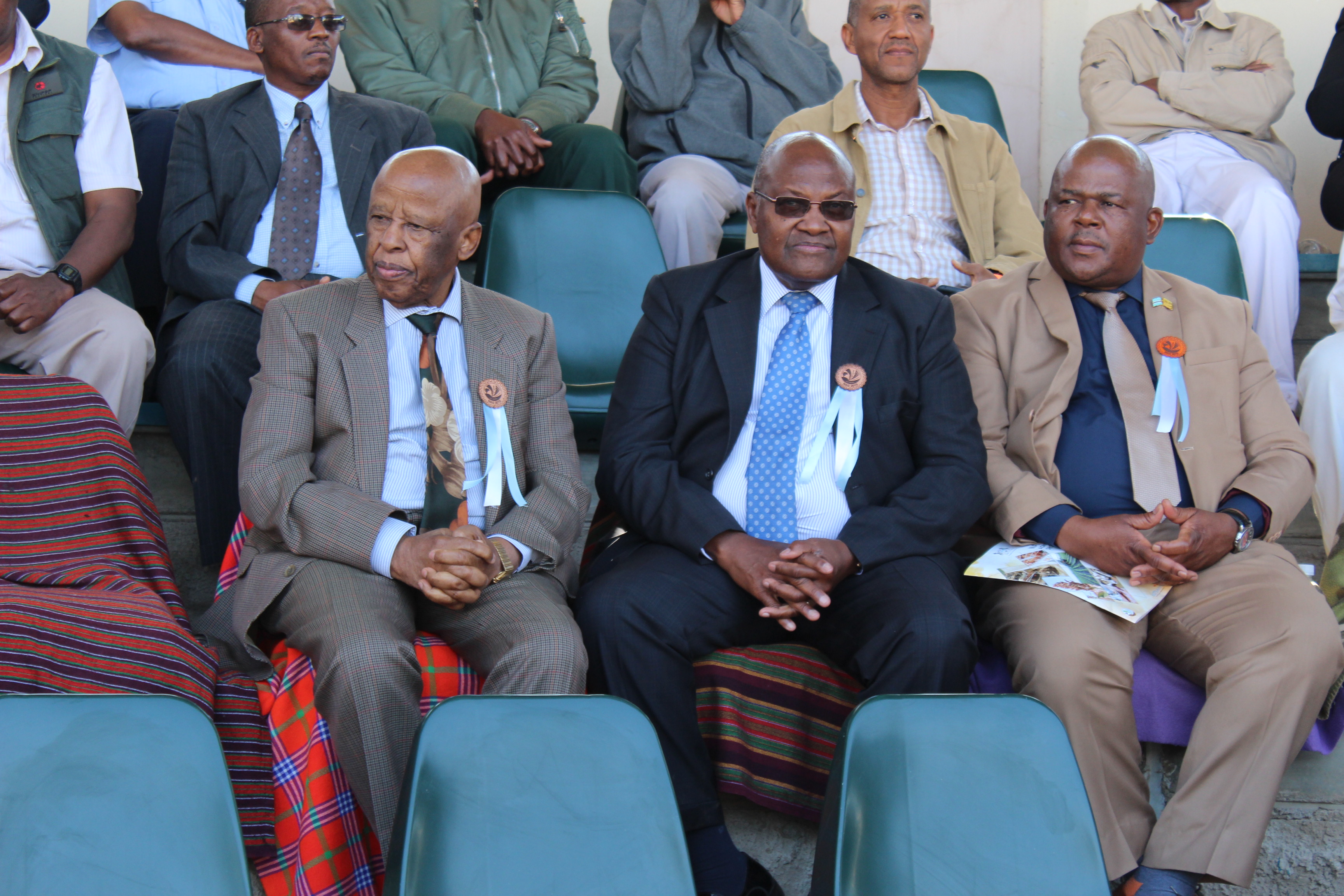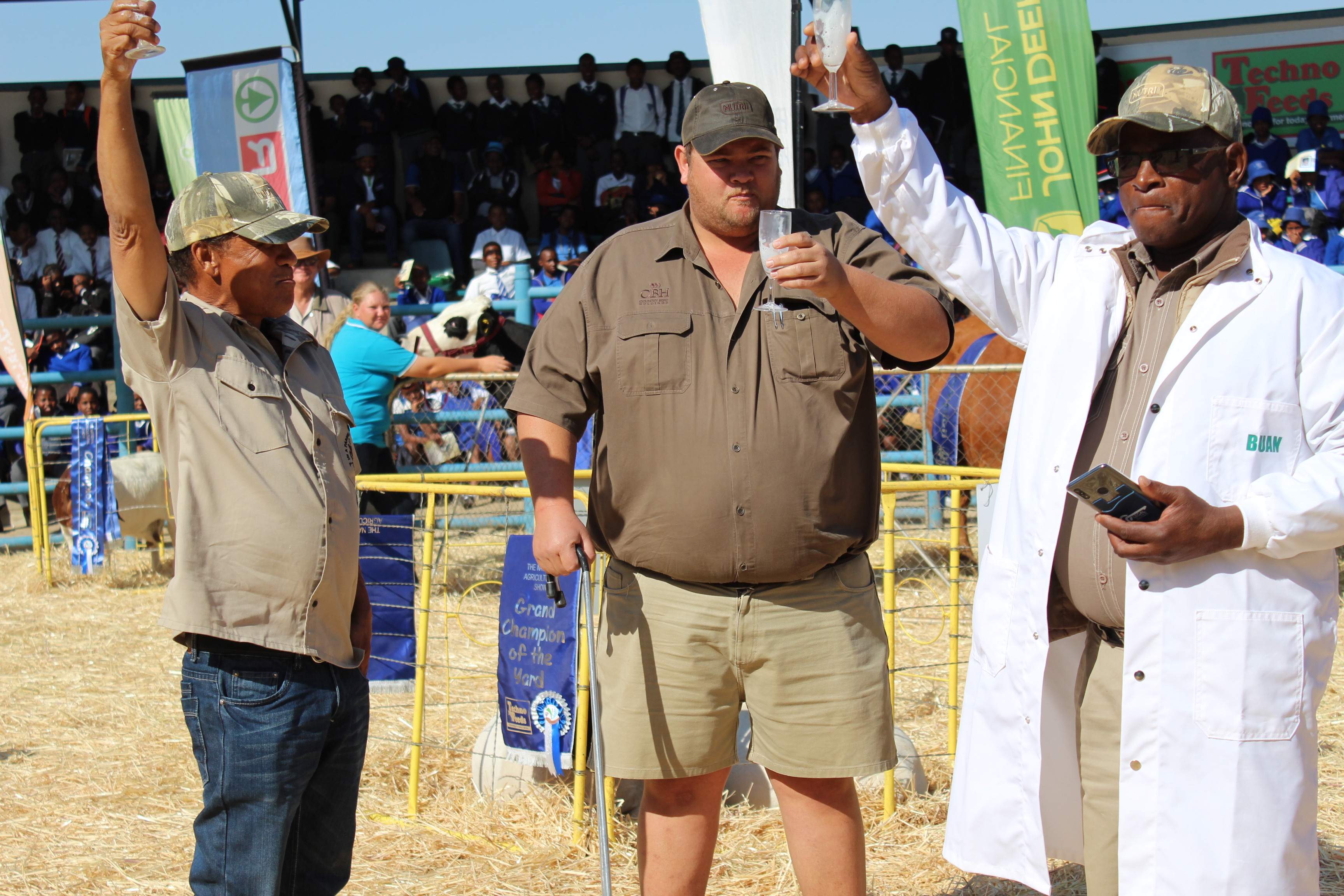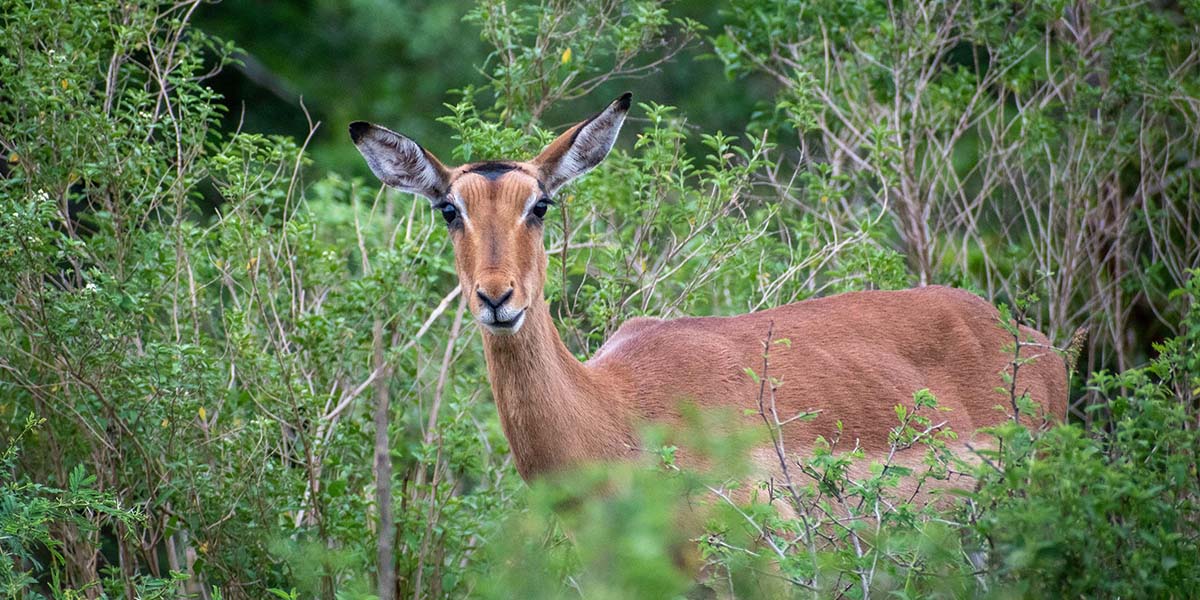Scaling up community resilience to climate variability and climate change in Northern Namibia, with special focus on women and children
Namibia is one of the countries mostly vulnerable to the negative impacts of climate change which may affect our national development goals, particularly the agricultural sector, including food security. The Ministry of Environment and Tourism (MET) and the Ministry of Agriculture, Water and Forestry (MAWF) is implementing a five-year project entitled “Scaling up community resilience to climate variability and climate change in Northern Namibia, with a special focus on women and children” (SCORE Project) with funding resources from the Global Environmental Facility (GEF) through the United Nations Development Programme (UNDP).
The project aims to strengthen the adaptive capacity of 4000 households to climate change and reduce their vulnerability to droughts and floods, with 80% of these households being women-led, and children from 75 schools in Northern Namibia. The project’s desired outcomes include: (1) Smallholder adaptive capacity for climate resilient agricultural practices strengthened; (2) Reduce vulnerability to droughts and floods; and (3) Mainstreaming climate change into national agricultural strategy/sectoral policy, including budgetary adjustments for replication and scaling up.
United Nations Development Programme (UNDP)
Global Environmental Facility (gef)
Resilience
Gender
Youth
Climate Change


